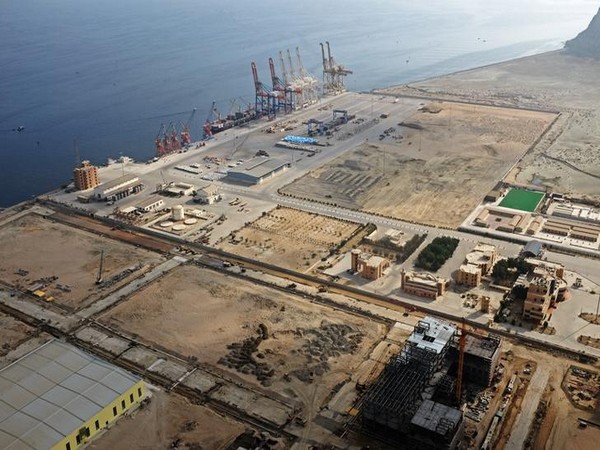 English
English

Beijing is backing away from Pakistan’s USD 60 billion commitment to the global Belt and Road Initiative (BRI), Asia Times reported.

Islamabad: Beijing is backing away from Pakistan's USD 60 billion commitment to the global Belt and Road Initiative (BRI), Asia Times reported.
"The CPEC's future is not only clouded by China's apparent new, more conservative lending policy but also Pakistan's overborrowing, which is fast driving the country toward a debt crisis. Pakistan's debt to GDP ratio is now at a high 107% of GDP," FM Shakil said in his article.
Pakistan has slipped into a debt trap due to the government's failure to bring reforms and weak fiscal management.
Recent media reports, citing data compiled by Boston University researchers in the United States, noted that overall lending by the state-backed China Development Bank and the Export-Import Bank of China declined from a peak of USD 75 billion in 2016 to just USD 4 billion last year. Provisional 2020 figures show that the amount shrunk to around USD 3 billion in 2020, reported Asia Times.
FM Shakil, writing for Asia Times attributed Beijing's trade war with the US and corruption by the Chinese companies involved in the CPEC as the main reason behind the drying up of funds in the China-Pakistan Economic Corridor project (CPEC).
Several projects related to BRI are now stalled or are running behind schedule due to lack of financing. Of 122 announced CPEC projects, only 32 have been completed as of the third quarter of this fiscal year, reported Asia Times.
The writer mentioned that as per CPEC commitments by China, it had to build eight Special Economic Zones (SEZs) in four provinces of Pakistan.
Barring the Gwadar zone, the Allama Iqbal Industrial City in Punjab, and Rashakai Economic Zone in Khyber Pakhtunkhwa province, the other seven SEZs are either still in pre-feasibility or post-feasibility stages with no tangible development on the ground, reported Asia Times.
The writer of the article argued that China was reluctant to invite non-Chinese companies to invest in the SEZs but the situation has changed with the dried up financing.
Beijing has principally agreed to allow Pakistan to form a new joint venture mechanism with companies other than Chinese state-owned or private enterprises to stimulate CPEC project progress including on a multi-billion dollar railway upgrade, said a source placed in Pakistan's Planning Ministry to Asia Times on condition of anonymity.
This is the reason why Pakistan Railways (PR) globally advertised for tender openings to modernize its rail system.
In order to overcome Beijing's reluctance to fund CPEC, Pakistan introduced a bill in parliament to give the army a holdover and take near-total control of CPEC.
It is aimed to reassure Beijing that their investments will be more secure amid attacks on Chinese engineers and others facilitating the infrastructure projects, said FM Shakil.
Meanwhile, the Baluchis have intensified their attacks on CPEC projects and Chinese nationals working on them, raising the security costs and political risks of the projects.
Shakil opined that Islamabad's move to give the military more control over the scheme is a clear attempt to mollify China's rising security concerns.
Initiated in 2013, the BRI is Xi Jinping's grand plan to connect Asia with Africa and Europe via land and maritime trade networks to create new routes for China. (ANI)
No related posts found.